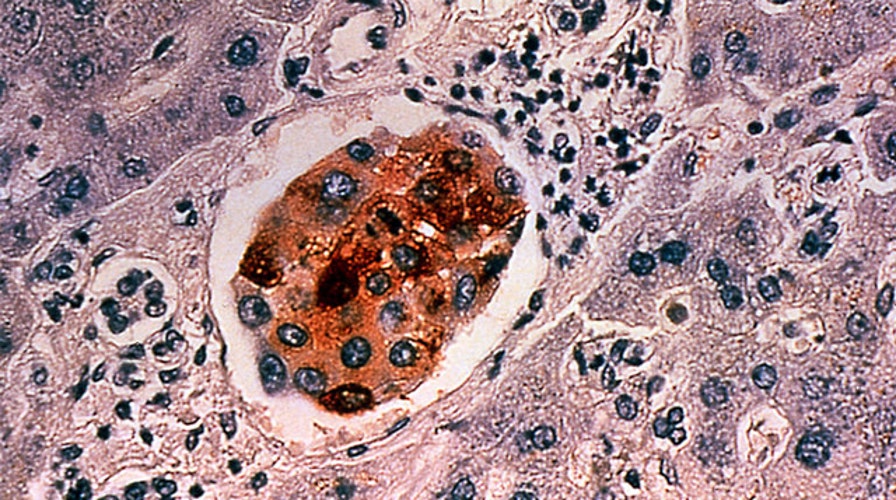Major advancement in cancer research this month
New treatment for melanoma that works by injecting tumors with viruses that are wired to destroy them
Researchers at a Utah cancer institute may have found a cure for melanoma -- one of the deadliest types of cancer.
Skin cancer is the most common type of cancer. Among the various types of skin cancer, melanoma is the most severe. Melanoma develops in the cells of the skin that produce melanin, which is the pigment that gives skin its color. It accounts for over 76 percent of cancer deaths each year. The American Cancer Society estimates that in 2015, about 73,870 new cases of melanoma will be diagnosed in the United States.
So, what are the researchers in Utah doing? They are customizing mutated viruses and injecting them directly into melanoma tumors to “train” them to attack cancer cells. What’s unique about this study though, is that they are not just taking any virus, but the herpes virus, and altering the way it works. This type of treatment -- also known as cancer immunotherapy -- uses a person’s immune system to fight cancer. The viruses are being engineered to only kill cancer cells, not healthy cells – which is a problem with standard cancer treatments like chemotherapy and radiation.
For many years, researchers have been testing immunotherapy treatments as a way to cure cancer. The biggest challenge they have faced is teaching the body that the cancer cells are foreign. Before, cancer cells hid in the body and melanoma was not being attacked by the immune system. By taking the herpes virus and altering it to be recognized by melanoma, the immune system uses its memory to destroy the cancer. Now, the virus and the immune system is killing the cancer. So far, 25 percent of patients have been completely cured.
With this type of treatment, the immune system is able to memorize the virus and fight it at the tumor site, as well as other distant sites it may attack within the body. Patients are also able to avoid having chemotherapy and other surgery related to the cancer.
“The new treatment teaches the body to heal itself and 60 percent of the patients are seeing dramatic results,” Dr. Robert Andtbacka, a surgeon oncologist at the Huntsman Cancer Institute said in a press release.
The following factors are the risk factors for melanoma that people should be aware of, according to the Mayo Clinic:
- Fair skin
- History of sunburn
- Family history of melanoma
- Excessive exposure to ultraviolet light
- Living close to the equator or at a higher elevation
- Having many moles or unusual moles
- Weak immune system
The Mayo Clinic also says melanoma can be prevented by taking responsible precautions like:
- Avoid midday sunlight – sun is strongest between 10 a.m. and 4 p.m.
- Always wear sunscreen, even in winter –at least SPF 15.
- Wear protective clothing.
- Avoid tanning beds.
- Know your skin – examine your skin regularly to look out for any changes or growths.
Prostate cancer is also seeing advancements using immunotherapy treatment. A drug called Provenge is the first and only FDA-approved immunotherapy for advanced prostate cancer. It works by altering the immune cells to attack prostate cancer cells in men whose disease has progressed while taking androgen deprivation therapy. While this is not a cure for the disease, has been shown to prolong the lives of men with advanced prostate cancer.

